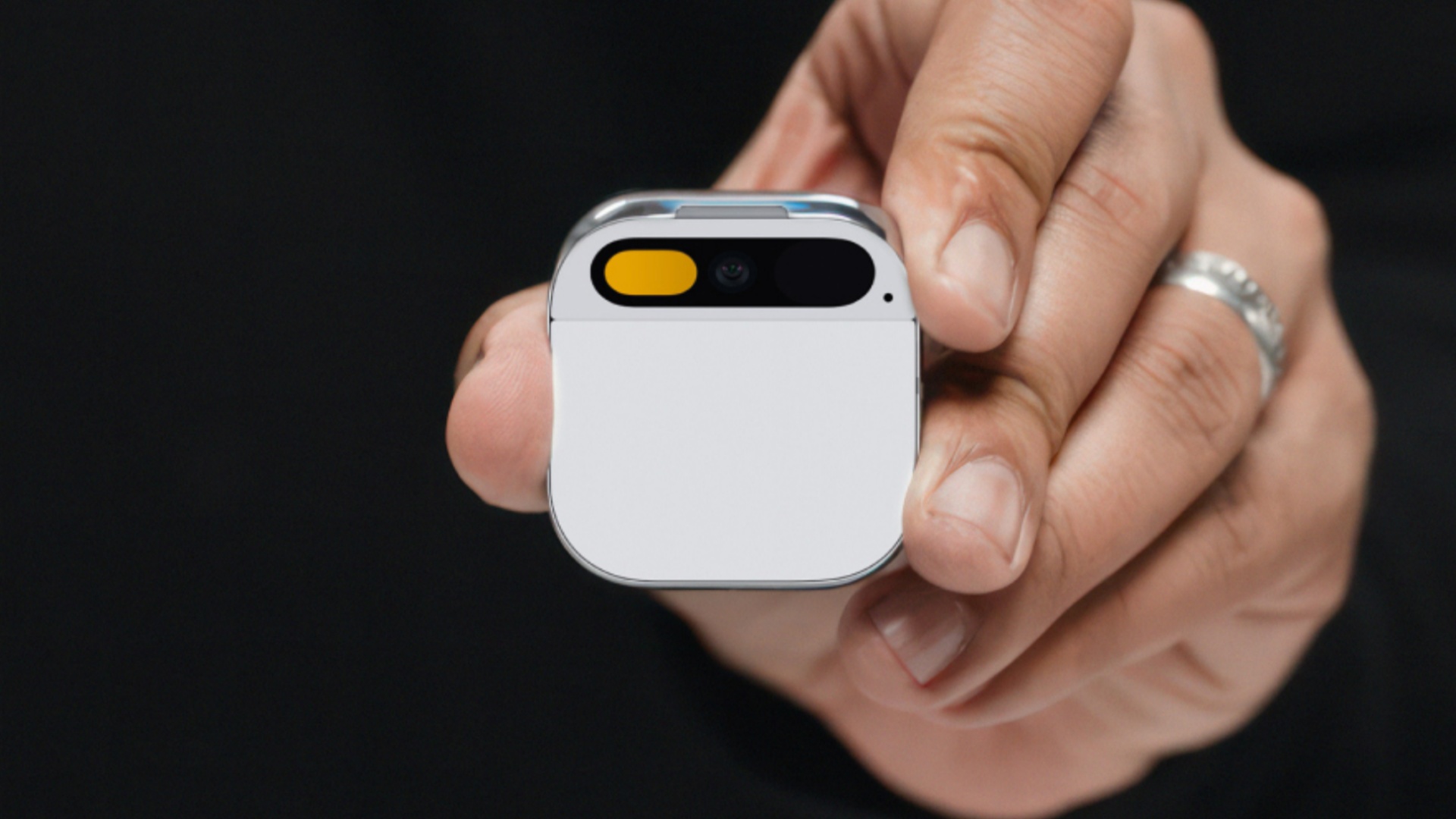- Consumer electronics manufacturer Humane this week officially revealed its generative AI wearable device – the AI Pin.
- The new offering is designed to be a daily companion to assist wearers with all manner of requests.
- The end goal for the device is not abundantly clear, but it has gone on sale in selected regions for $699.
The technology world’s obsession with generative AI shows no signs of slowing down, and while some companies are focusing on building digital platforms, others like Humane are taking a look at the hardware too in the form of its AI Pin.
The company this week officially debuted its AI Pin, which is the market-ready version of a prototype that Humane CEO, Imran Chaudhri, showcased during a TED talk earlier this year.
So what does the AI Pin do?
Well that is the question we have been asking ourselves ever since word of the AI Pin first crossed our path earlier this week.
The actual wearable uses a magnet to attach to your clothing, or to be secured to something else that you’re using.
It consists of two main components, the Pin module itself which houses a Snapdragon processor (model not disclosed), as well as a small projector to beam information onto your hand, along with a series of sensors and a speaker to handle the voice interface of the wearable.
The other component is a battery booster, which delivers a full day of use, according to Humane.
There is also a 13MP camera on the unit that is capable of capturing photos and video, but those features will only arrive after a software update. Speaking of which, the software on this wearable is called Cosmos that routes your queries to the correct applications and then serve up answers or information.
In many ways then, you can think of the AI Pin as being similar to Google Glass, only it is not focused on presenting an augmented reality view of the world.
Lastly worth mentioning here is the Trust Light, which activates to let wearers and others know that the AI PIn’s sensors are capturing information, whether that be audio or visual. Chaudhri has emphasised that this new wearable is very much focused on transparency, and will not reportedly listen all the time in the way that digital assistants like Siri or Alexa do.
Now that we’ve tackled some of the hardware and features, we’re still left wondering that the AI Pin actually does.
Here Humane is punting possibilities over actual proven instances. You could, for example, hold a piece of food up to the camera of the wearable and it would be able to recognise the object and provide its nutritional information. Another possible scenario would be asking the wearable to check your inbox and read out important emails you may have missed while busy with something else.
As such, Humane’s AI Pin is no doubt an interesting piece of technology, which is trying to leverage generative AI and large language models driven by voice prompts, but its real-world application is yet to be seen.
There is also the issue of cost, with the AI Pin set to go on sale in selected regions from 16th November for $699 (~R13 096). On top of this is a $24 monthly subscription fee, which gives you access to a phone number operating by T-Mobile, which Humane has tapped up to handle broadband coverage for this wearable.
While there is clearly a bigger picture involved with the AI Pin, there is definitely a lot more work to do before it can deliver on the promise that Humane has outlined.

